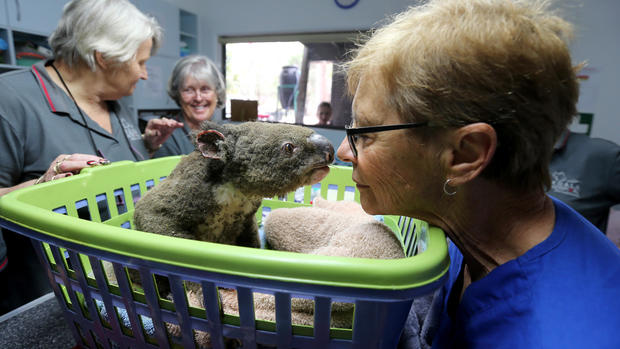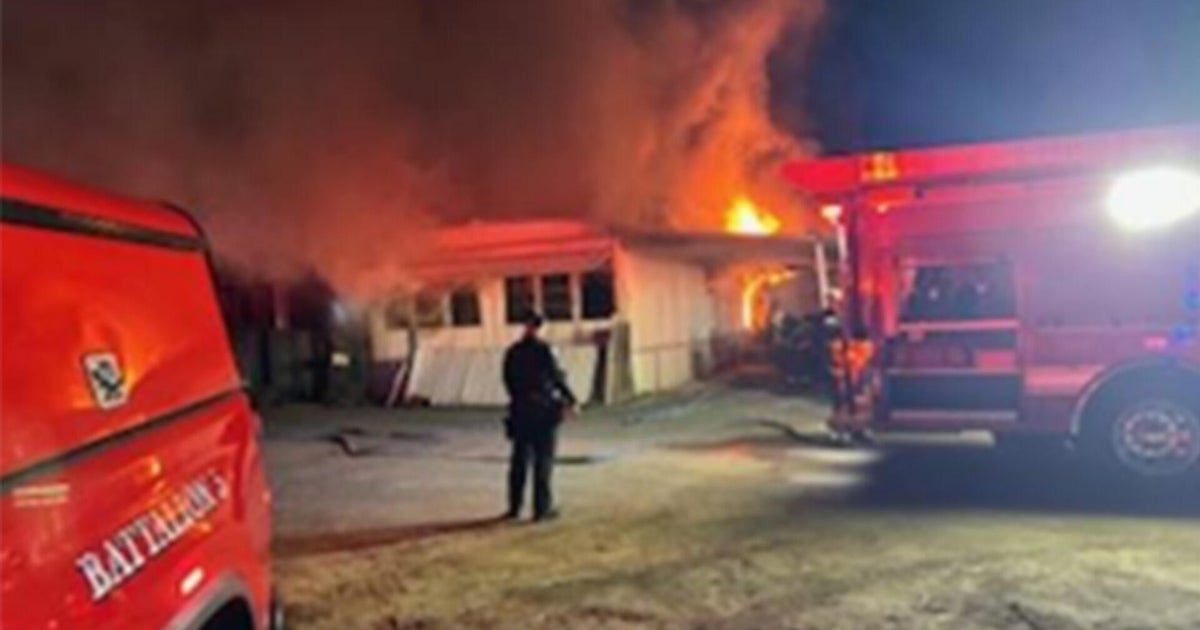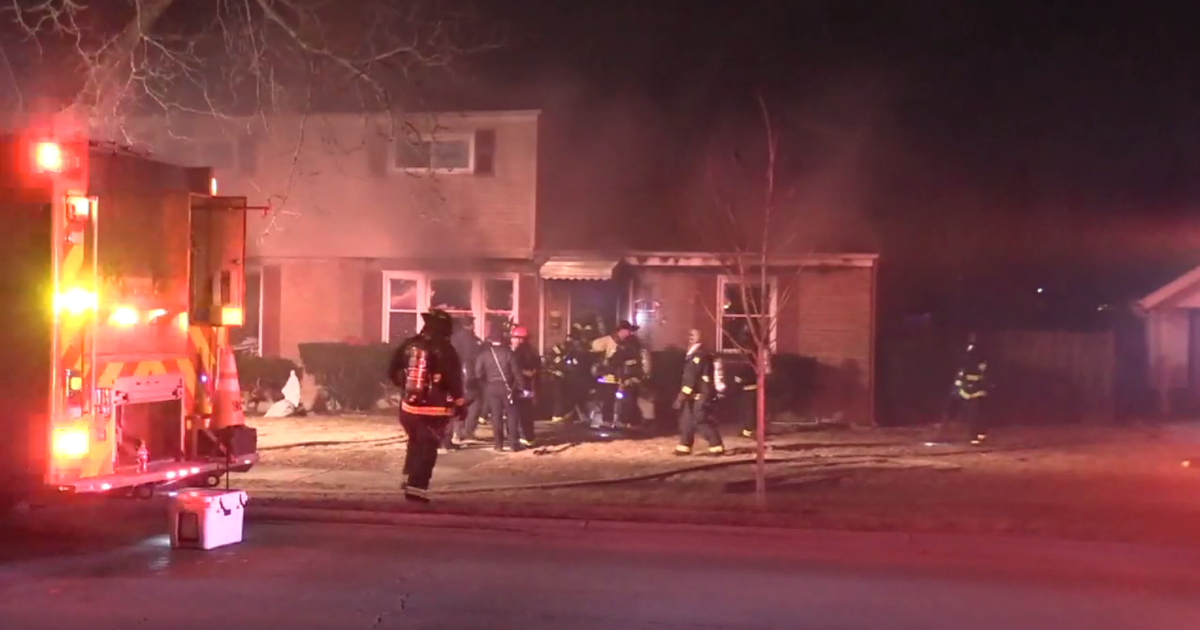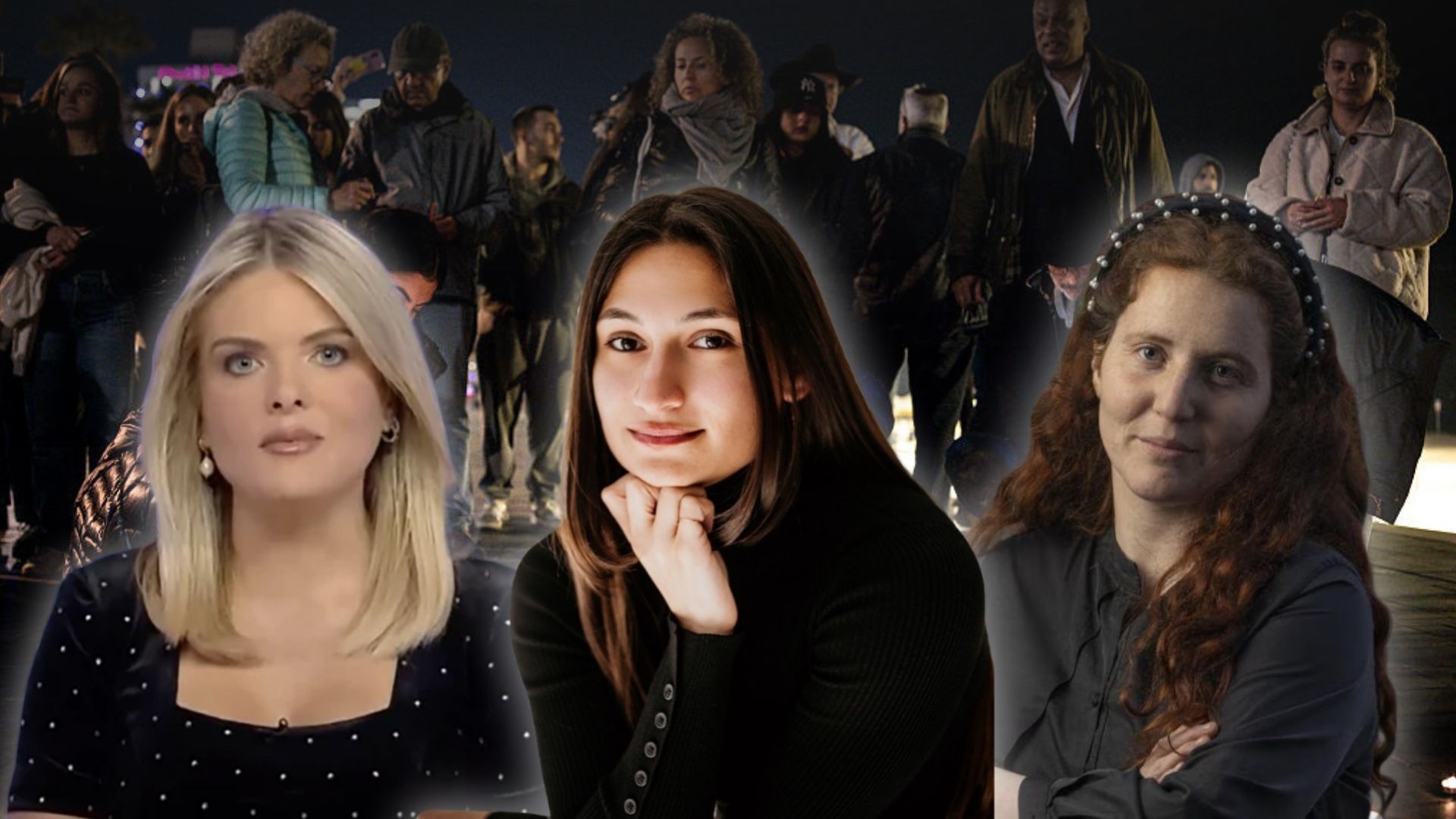Australia fires could be moving some animals closer to extinction: "Once they're gone, that's it"
Dalmeny, Australia — Ecologists in Australia now believe more than a billion animals have died in the country's unprecedented bush fires. More than 25 million acres have burned since September — larger than the entire state of Indiana.
Researchers say koalas, kangaroos, wallabies, and other animals have perished either directly or indirectly as a result of the fires. CBS News' Jamie Yuccas visited with the largest animal rescue group in Australia, called "Wires." The rescue group receives up to a thousand help requests a day, treating severely burned brushtail possums, kangaroos with burned feet, koalas in need of care, and flying foxes pushed out of their habitat.
Animals like wallabies, kangaroos and koalas exist nowhere else in the world. Now, because of the fires, Australia's koalas and other unique species could be moving closer to extinction. But there is a major grassroots effort here to make sure that doesn't happen.
"We're really worried. We really are," said Jan Sheehan, one of hundreds of volunteer rescuers.
Sheehan is helping care for four wallaby sisters who were found without their mother, who died trying to find food after wildfire took her habitat.
"These little girls, we got to keep them, and make sure they get back out to the wild to reproduce," she said.
Nalda Paterson is caring for a wombat named "Naked Nelly," and an eastern grey kangaroo named Phena.
"Heaven only knows how many is left out there, really it's shocking," Paterson said. "... To all of us they're quite unique in Australia, these animals, and once they're gone, that's it."
An hour north, Julie Taylor Mills has converted her property into a mini-animal sanctuary, where she is caring for two wallabies and a pair of joeys.
Mills said she wants Americans to know that this year's devastating fires are a product of climate change.
The country has suffered from a three-year-long drought. The volunteers said it doesn't matter to them whether the fires were started by lightning strikes or arson. They've been calling for a climate change action plan for years.
"It has hit us like a freight train," she said. "The drought is underpinned by the fundamentally changing climate."




